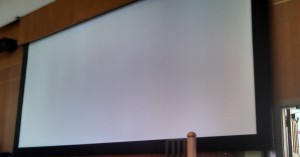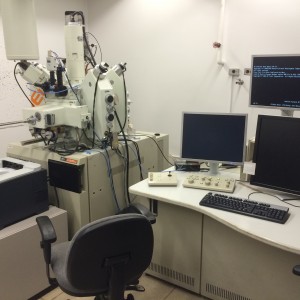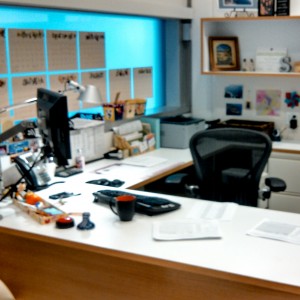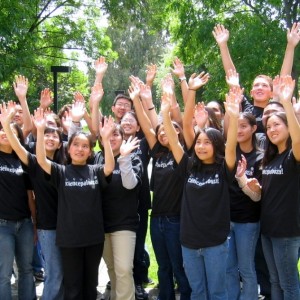
As winter break rolled in, I finally had the opportunity to focus on my thesis and make substantial progress. However, as always, it wasn’t going to be easy.
Generally speaking, the problem sets assigned in class have a solution. You know that if you focus and spend time on them, it is (at least in theory) possible to come to the correct answer and complete the problem set. The challenge with research, however, is the very real possibility that the ultimate solution is unattainable with the methods/data that you have available to you.
It was precisely this problem that I encountered over the winter. Continue reading The Power of Fresh Perspectives










